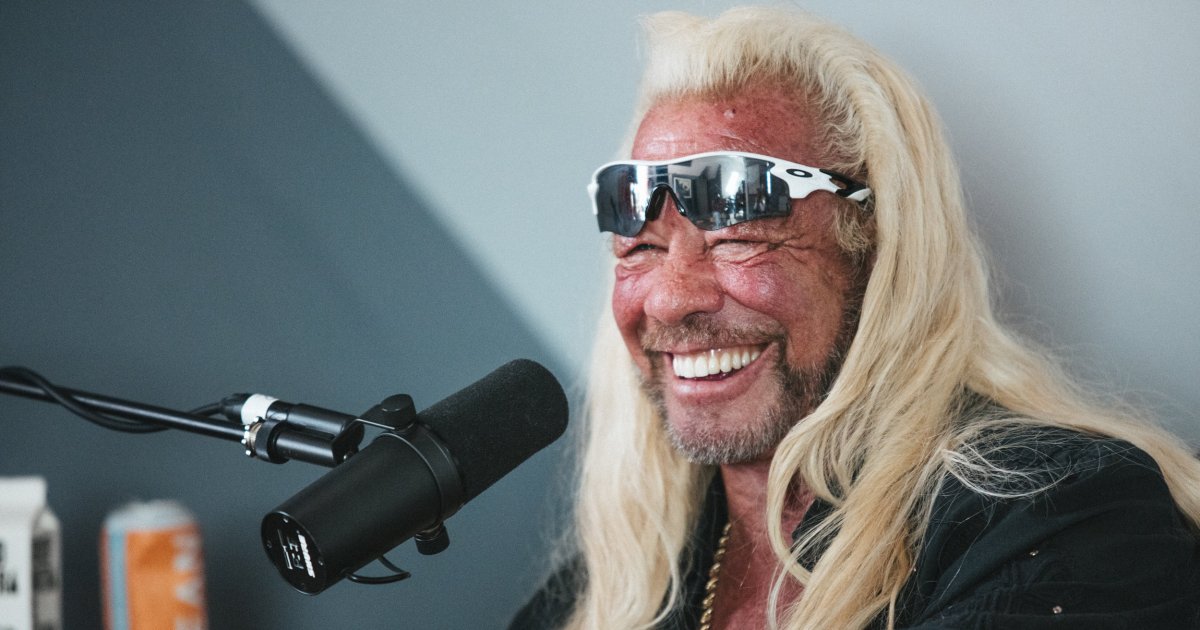Dog the Bounty Hunter and Francie Frane Tie the Knot
- Duane Chapman, known as Dog the Bounty Hunter from his long-running A&E reality show, has married Francie Frane.
- Chapman lost his wife Beth to throat cancer more than two years ago. Chapman and Frane have supported each other through the shared experience of losing a spouse to cancer.
- The Chapman family has feuded publicly in recent months, with two daughters not being invited to the reality TV star’s wedding.
“Francie and I are thrilled to be husband and wife. We appreciate all the prayers and well-wishes," the reality TV star told E! News.
Read MoreIn a statement to E! News, Dog's rep dismissed the allegations as a "false and a misguided attempt to derail our wedding."
Dog began dating Frane in 2020, and the pair bonded over their mutual experience of losing spouses to cancer. Dog took comfort in having a partner that he could be open with about his mourning. "With Francie, I’m allowed to speak about Beth, we speak about her husband. We cry. We hold each other," he told TMZ live.
In an exclusive interview with SurvivorNet, Duane 'Dog' the Bounty Hunter talked of Beth's determination as she battled with cancer.
Grieving a Loved One
The American Cancer Society emphasizes that grieving the loss of a loved one is a process, and it is a process that can take a long time. It is also a process that can look very different for different people.
In a previous interview with SurvivorNet, Dr. Marianna Strongin discussed the variability of the grieving process. She described the five commonly-discussed stages of grief (including denial, anger, bargaining, depression and acceptance) as "tools to help us frame and identify what you may be feeling." These stages can help us understand what we are going through, but it is important to acknowledge that "they are not linear and can occur in a variety of ways," Dr. Strongin said.
John Duberstein’s experience of losing his wife, writer Nina Riggs, to metastatic triple negative breast cancer, taught him the importance of acceptance. The few conflicts the couple had while Nina was sick came up because John wanted life to go “back to normal,” he told SurvivorNet. Nina saw things differently: “She wanted to embrace the existence that she had, even before she knew she was going to die imminently. I did not want to talk about what was going to happen with me after Nina died. Nina is the one that really brought it up, she brought it up a number of times."
When Nina did pass away, John realized how important those uncomfortable conversations were for him to move forward. Grieving the loss of a loved one is an inevitably painful process, but understanding that different people experience that pain differently can help you accept your own journey forward.
John Duberstein, who lost his wife to cancer, explains why tough conversations are worth it.
Learn more about SurvivorNet's rigorous medical review process.


